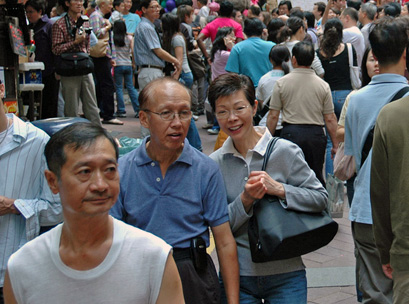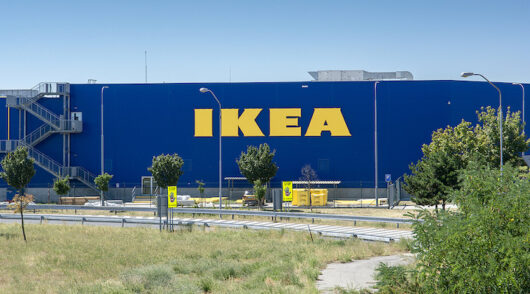The post-1980s generation in Hong Kong is evolving into a group of “sensible pragmatists” who are “more ambitious” and “less superficial” than perceived, according to a new research report.
Drawing consumer insights from 1000 Hong Kong residents aged between 18 and 33, the survey commissioned by integrated communications consultancy Text100 and Redshift Research dispels the mixed stereotypes about the post-80s generation. They are often described as self-centred, rebellious, lacking a sense of responsibility and yet frivolous compared to preceding generations.
Yet more than half of those surveyed identify themselves as liberal and tolerant (58 per cent), trusting and open (57 per cent), and practical (54 per cent). One in two respondents tend to be annoyed by superficiality and self-righteousness, unlike millennials in the UK and the US who most dislike rudeness and stupidity, according to a similar study conducted by Redshift in those markets.
Validating their value of individualism, the Hong Kong post-80s generation favours more applied ambitions with many more respondents (26 per cent) aspiring to be successful entrepreneurs than a Hollywood celebrity (four per cent).
In fact, a further quarter of respondents are “just happy to be themselves”.
“Hong Kong’s Post-80s generation is growing up. They are maturing and redefining themselves into level-headed consumers, workforce and family members,” said Paul Mottram, regional director of Text100 Asia Pacific.
The research also identifies six distinct personas of the Hong Kong Post-80s generation based on the level of their digital engagement and online activities:
· Digital Shoppers
· Digital Voyeurs
· Mobile Cultural Pioneers
· The Digital Conservative
· The Emerging Technocrat
· The Passive Sharer
Not just social, but visual
The Hong Kong post-80s generation, unsurprisingly the most active demographic on Facebook and YouTube, has ushered in a golden age of visual. They spend a lot of time interacting with pictures and videos, sharing photos on social media and consuming visual-based digital media such as online movies, computer games and video chat.
This generation is more likely to share a photo or a video clip than a link to an article. Instagram is almost twice as popular in Hong Kong compared to the western counterparts (US and UK). Only one in three cited reading as their hobby, with watching TV and going to the cinema topping the list behind travelling.
“Visual content is exploding on the crowded digital sphere. Brands will find it challenging as it will take more than just hilarious memes or flashy videos to truly engage the post-80s. It requires a high regard of the audience itself, what speaks to them and where they spend their time,” Mottram explained.
The city’s love of smart devices has turned the post-80s generation into a highly-connected, always-on community. Around two thirds (64 per cent) of those surveyed spend more than three hours every day online.
While the majority (71 per cent) accesses the internet via a smartphone or tablet, a sizable
68 per cent of the respondents are in still in favour of PCs. More than two-thirds (70 per cent) say they use tablets or laptops when travelling or in a public space. It clearly authenticates their preference to be connected at any time, on any devices regardless whether they are moving about, or stationed at home or in the office.
“The post-80s generation controls more spending power than ever before. Their psychographic development plays an increasingly important part not just in youth marketing, but every facet of marketing and communications from brand positioning to crisis readiness and beyond,” Mottram added.






